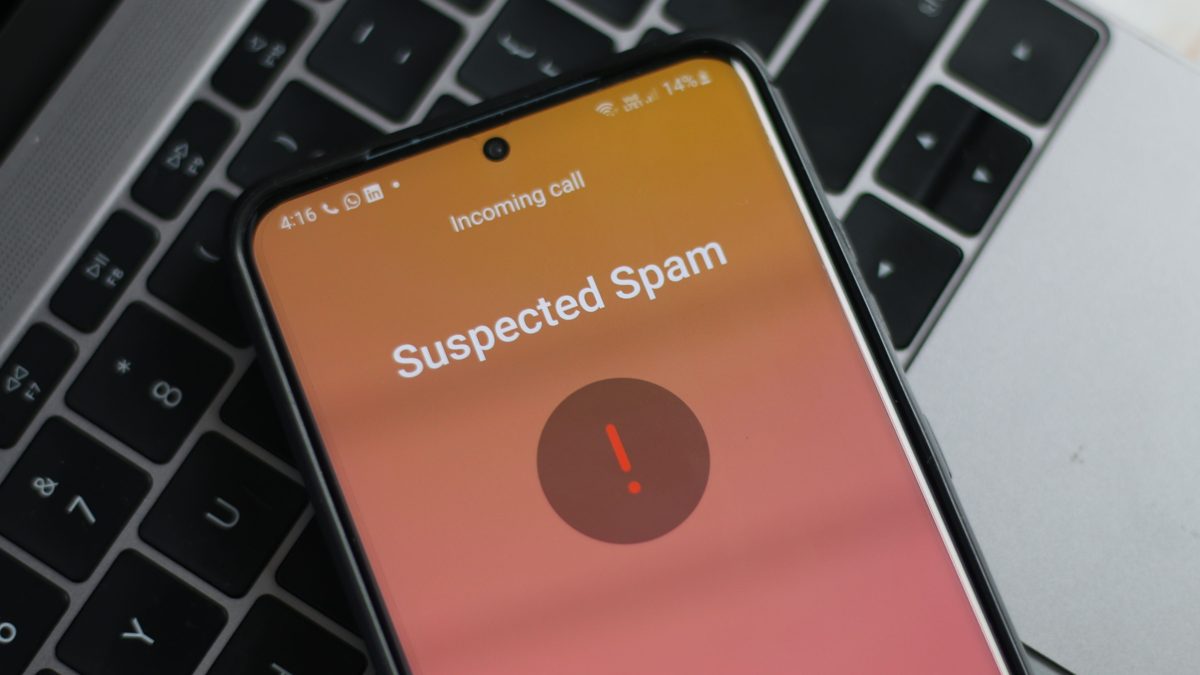Here’s a stat that might not surprise you: The average mobile phone user gets an average of 14 spam calls each month.
At its State of the Call summit last week, voice security company Hiya announced the results of its latest study on phone fraud and spam. According to the company, 25% of all unknown phone calls people receive each month turn out to be unwanted, and the average person receives at least 14 spam calls each month. Kind of makes you feel better about sending all those unknown callers to voicemail, doesn’t it?
The study analyzed 98 billion phone calls worldwide between Jan. 1 and June 30, 2023, and also highlighted the year’s top phone scams so far.
One of the largest culprits: insurance scams. Beyond all those folks asking you to extend your car warranty, several fraudsters have been calling mobile phone users this year attempting to sell them non-existent life insurance, health insurance, and more or claiming that someone owes money on a previous bill from one of those companies.
Other big scams this year is Amazon impersonators who claim an unauthorized purchase has been made on your account. They try to get your log-in credentials or credit card number.
AI is also starting to be used in scams. Specifically, AI might be used to impersonate someone’s voice who then calls a loved one and attempts to obtain money or other personal information.
Shockingly, the United States isn’t the worst place for spam calls. In looking at calls in the US, UK, and Canada, the UK had the highest rate of spam calls at 28% followed by the US at 27% and Canada at 20%.
And it’s not just phone calls you need to worry about. The report notes that both SMS and MMS messages are also being used to scam mobile phone users. While the majority of those scams are currently being sent via SMS (77%) the rise of MMS messages being used as promotional texts by businesses may lead to a growth in those messages being used in the future. MMS messages give scammers an advantage over traditional SMS because they can hide messages in images and be more creative about how to circumvent traditional methods of detecting spam.
Now more than ever it’s important to be cautious when answering calls from unknown callers and skeptical about passing out any login or financial information to people over the phone.
Emily is a freelance writer based in Durham, NC. Her work has appeared in The Wall Street Journal, The New York Times, Lifehacker, Popular Mechanics, Macworld, Engadget, Computerworld, and more. You can also snag a copy of her book Productivity Hacks: 500+ Easy Ways to Accomplish More at Work–That Actually Work! online through Simon & Schuster or wherever books are sold.
PCMag is obsessed with culture and tech, offering smart, spirited coverage of the products and innovations that shape our connected lives and the digital trends that keep us talking.
Average Mobile Phone User Gets 14 Spam Calls a Month – PCMag Middle East

